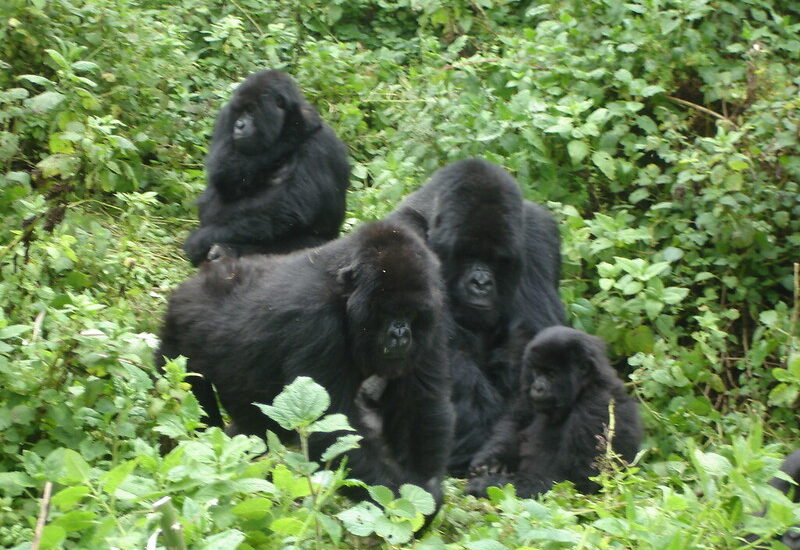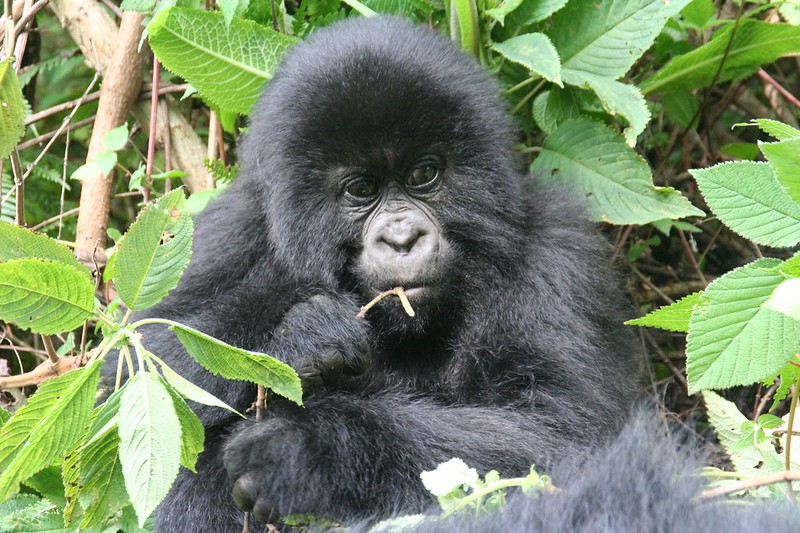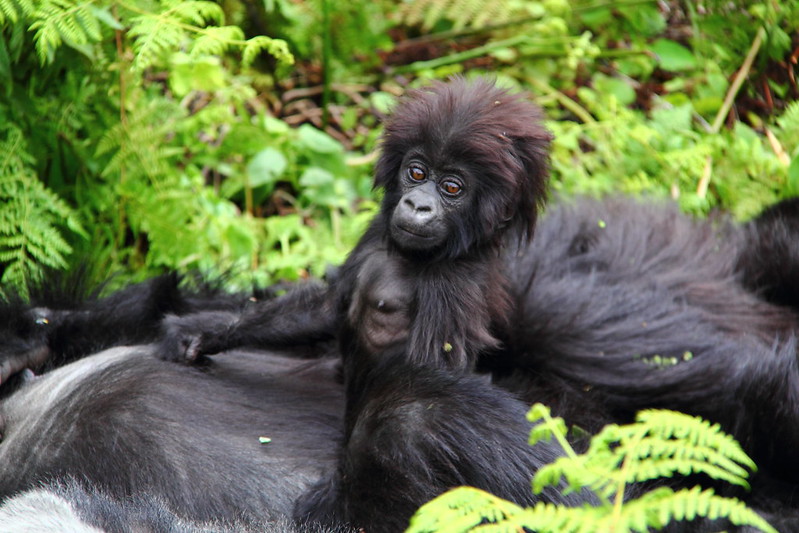Is it safe to go gorilla trekking in Uganda? Gorilla trekking in Uganda offers an…
What to consider when planning a gorilla trekking trip with young children .
What to consider when planning a gorilla trekking trip with young children.
Planning a gorilla trekking trip with young children can be both thrilling and demanding. Whereas the minimum age limit for gorilla trekking is usually 15 years in Uganda and Rwanda, families with younger children still get related experiences where they visit the wildlife, culture, and nature activities in the nearby areas.
Here are some key things to consider in ensuring a safe, enjoyable, and memorable experience as one plans a gorilla trekking trip with young children.
1. Understand Age Restrictions and Alternative Activities
Gorilla trekking is physically demanding, thus with strict age limits. Children below the age of 15 years cannot be allowed on the hike due to its challenge and the avoidance of a stress factor on the gorillas. If your children are too young for this trek, consider alternative activities that allow for the family to be involved with nature and wildlife.
Some of the activities they can undertake include cultural village visits, nature walks, bird-watching trips, and visits to the nearby primate habitats such as golden monkey trekking at Mgahinga Gorilla National Park in Uganda.
2. Choose Family-Friendly Accommodations
It is important to seek out appropriate accommodations when traveling with small children. Consider family-friendly lodges catering to parents and their little people offering activities such as babysitting, family suites, kids’ menus, and nature walks or community visits.
Those properties that are appropriately placed near the starting points of gorilla treks will reduce the early morning travel time significantly and make it easier for parents to participate in the trek while the children are well taken care of.
3. Create Your Schedule with Flexibility
Schedule your itinerary in such a way that you allow adequate time to relax and rest after long drives or hikes. Incorporate multiple activities into your itinerary that appeal to young children, such as nature walks guided by professionals, visiting local sanctuaries housing local wildlife, or joining educational activities at nearby conservation centers.
With flexible itineraries, you will give your family time to follow your children’s energy levels and make the experience for everyone more fun and enjoyable.
4. Prepare Your Kids for the Experience
If your kids are old enough to engage in the related activities, prepare them in advance by telling them what they can expect during the trip. Explain all types of wildlife they may have a chance to see, talk about the aspects of conservation, and the need for staying quiet and showing patience in the forest.
It is also a great idea to watch documentaries together about wildlife, which can create excitement and an adventure spirit in your children, adding more value when they understand the animals they will encounter.
![]()
5. Consider Health and Safety Precautions
These destinations for gorilla trekking are usually in areas that are remote, so accessing medical facilities might be a problem. Ensure you have comprehensive travel insurance to cover you for medical emergencies and evacuation.
Check with your doctor about necessary vaccinations, malaria prophylaxis, and other health precautions regarding travel in these regions. Also, pack some essential medications, insect repellent, and sunscreen to keep your family safe and comfortable.
6. Private Guide – All Inclusive Experience
You can hire a private guide who will provide a more tailored experience, allowing you to tailor the trek and activities related to the hike, as well as suit your family’s needs.
A private guide can give extra support, keeping your children occupied telling them interesting stories, which will help to overcome all difficulties. This added attention can make a lot of difference while traveling with young children.
7. Allow Your Children to Participate in Conservation Education
On gorilla trekking trips, besides spotting gorillas, it’s about the learning of conservation. Engage your children in conservation education through visits to community projects, centers of wildlife education, or supporting various initiatives protecting gorillas and their habits.
Such experiences teach young children the value of wildlife and the role they can play in protecting it for future generations.
8. Packing Appropriately for Comfort and Convenience
Packing the right gear will keep your family comfortable throughout your trip. Bring along comfortable walking shoes for younger children, as well as light clothing, rain jackets, sun hats, and plenty of snacks. Do not forget to add books, games, or a tablet for those times when you sit around the lodge.
Make sure you have all the important traveling documents like passports, vaccination cards, and permits sorted and within easy reach.
Planning a gorilla trekking safari with young children involves consideration of the age restrictions, alternative activities, and child-friendly accommodation options.
With good preparation and selection of activities that fit all family members, you will manage to turn your journey into a rewarding and educative experience-one that will bring your family closer to nature and give them an appreciation for wildlife conservation to last them a lifetime.
The trek in itself may not be that appealing to the youngest ones; still, it can always be framed by experiences that would make such moments just unforgettable, capturing the spirit of adventure and exploration.


